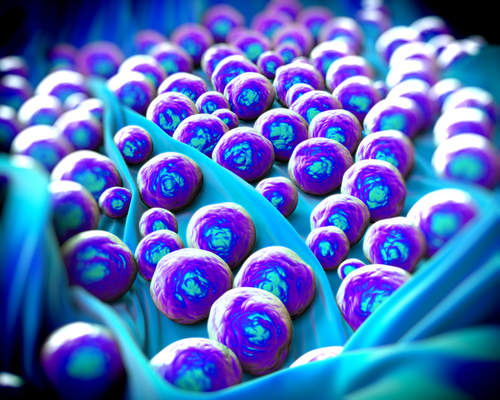On September 17th, 2015, Arch Biopartners Inc. announced that the drug AB569 designed to treat pulmonary infections with Pseudomonas aeruginosa (P. aeruginosa) completed successful pre-clinical in vitro and in vivo validation tests.
Pseudomonas aeruginosa is common bacteria found in soil, water, skin flora and other man-made environments where it thrives with and without the presence of oxygen. Infection with P. aeruginosa causes generalized inflammation that may colonize critical body organs like lungs, kidneys and urinary tract of which the results could be fatal. In particular, P. aeruginosa is a potential cause of bacterial respiratory infections in patients with cystic fibrosis (CF), chronic obstructive pulmonary disease (COPD) and pneumonia.
In the US, about 40,000 CF patients and more than 14 million people are diagnosed with COPD. For pneumonia, an estimated 2 to 3 million people in the US are diagnosed every year. Patients with cystic fibrosis (CF) are particularly predisposed to infections of lungs with P. aeruginosa. The reason for this is related to mucus build-up that induces inflamed and injured lungs, forming a perfect environment for the bacteria to thrive. As a consequence, about 40% of CF patients between 6 to 10 years of age are infected with P. aeruginosa. This percentage increases to 60% by age 17 and can reach up to 75% of CF patients aged between 25 and 34 years old. Infection with P. aeruginosa may further worsen symptoms of CF patients, resulting in severe productive cough, decreased appetite, weight loss, diminished activity, fever, wheezing, and irritability.
From a therapeutic viewpoint, a number of antibiotics are utilized to treat infections with P. aeruginosa, including but not limited to aminoglycosides, quinolones, and carbapenems. However, P. aeruginosa has an immense potential to develop resistance against antibiotics as its genome contains the largest resistance island with more than 50 resistance genes. Particularly, the mucoid form of P. aeruginosa usually present in lungs of CF patients is a very difficult infection to treat due to its high resistance to antibiotics as well as phagocyte-mediated killing. As a result, an urgent therapy is required and the new drug AB569 has the characteristics to deal with mucoid and nonmucoid P. aeruginosa infections which are resistant to traditional antibiotics.
In recent studies, Arch Biopartners Inc. revealed that AB569 showed significant efficiency against P. aeruginosa including in vivo testing on mice model affected with chronic pulmonary infection. Because these results are very promising, the company’s research team is planning to pursue trials on human pulmonary CF patients infected with P. aeruginosa to test the safety and efficacy of AB569. They are currently evaluating the appropriate regulatory and toxicology procedures before starting the tests.
The company believes that AB569 looks a very promising drug for treatment of challenging cases of pulmonary infections with bacteria P. aeruginosa, particularly in FC patients where the bacteria showed resistance to traditional antibiotics. In the near future, the team of scientists involved in this project plan to disclose the details of their findings in an academic publication.

